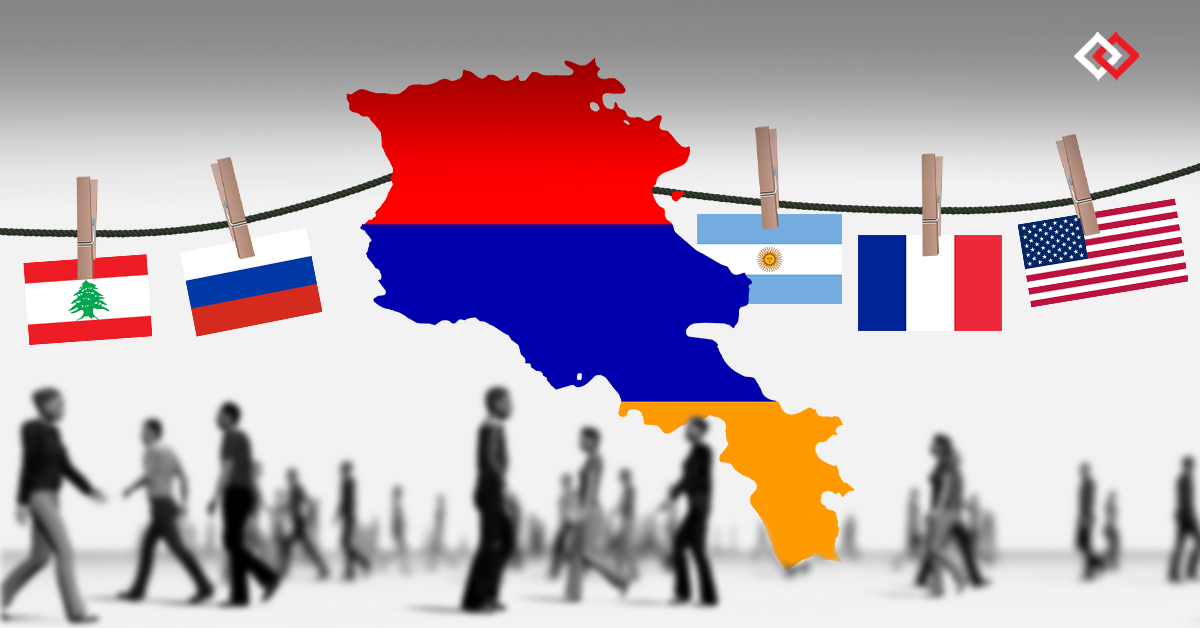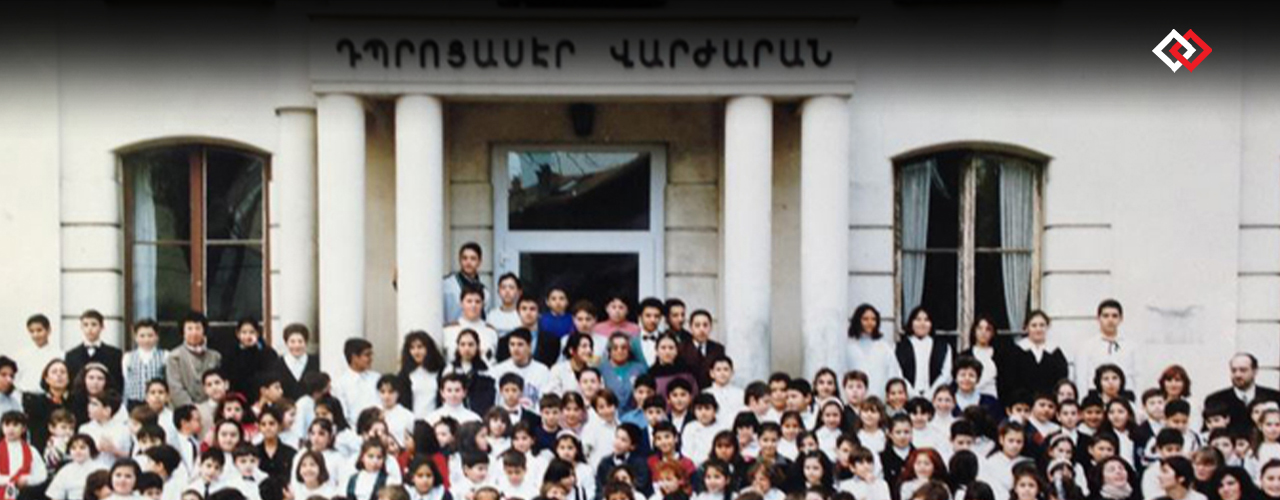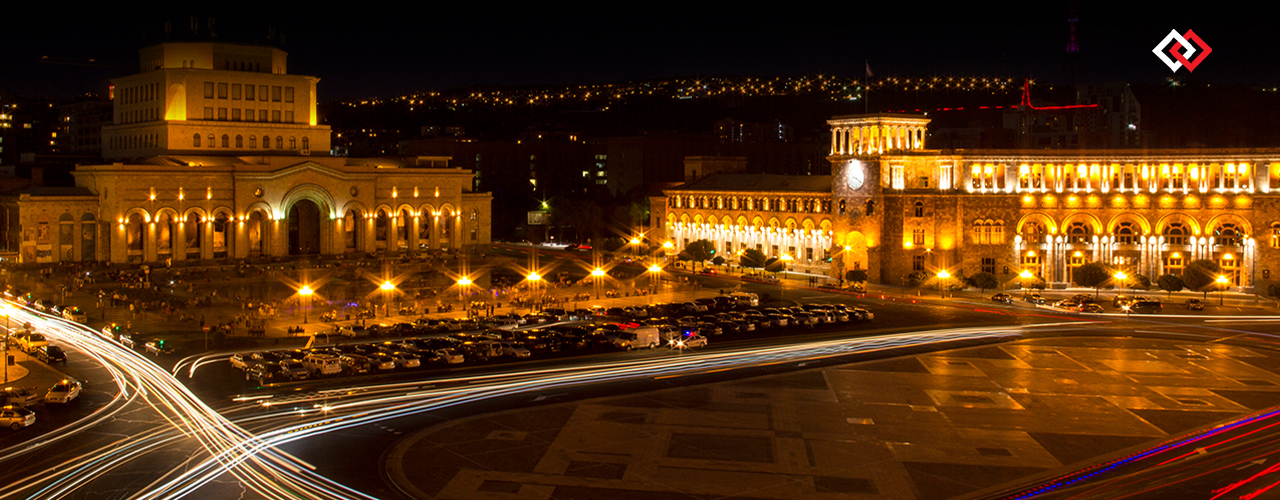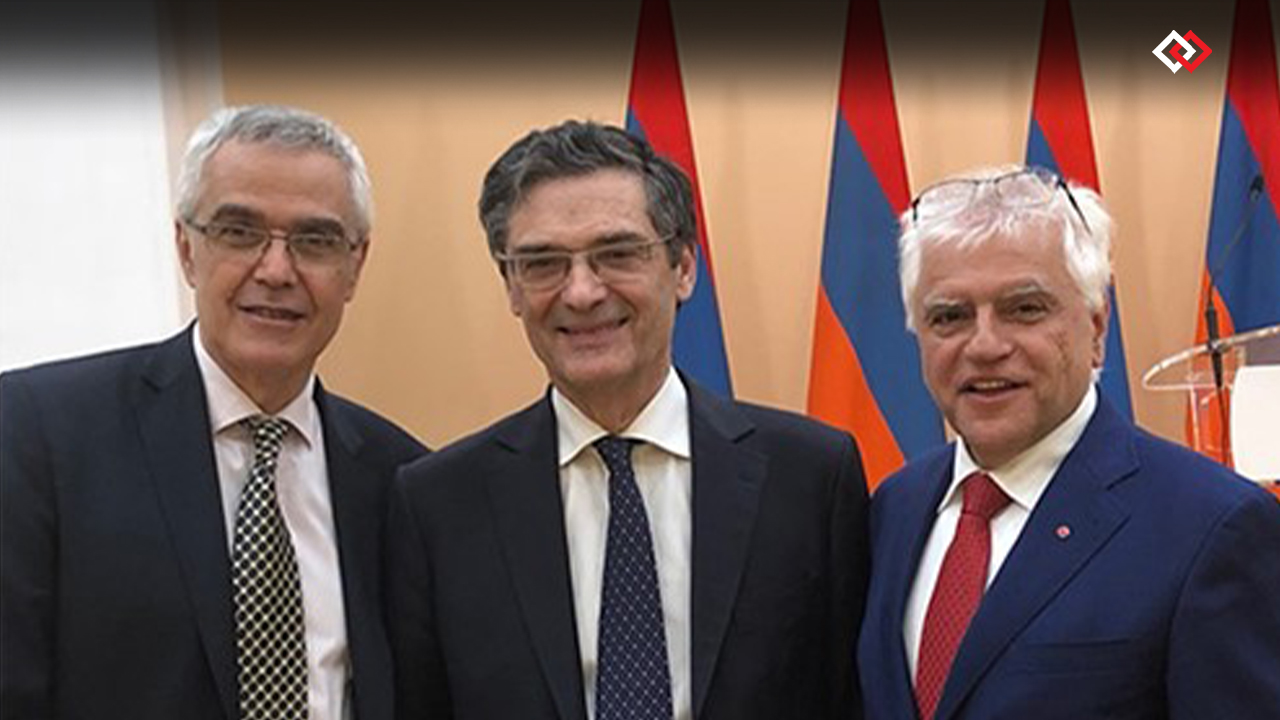While the larger society has undergone radical transformations in the past two decades, the communities of the Armenian Diaspora have not embraced to the following aspects of the evolution:
The Internet has revolutionized society’s paradigm, allowing individuals to express themselves and exert influence, thereby shifting power away from elected bodies to grassroot groups. An illustrative example of this phenomenon occurred in December 2022 when a Facebook group organized train strikes that effectively disrupted 60% of the French TGV and inter-city trains, leaving even the influential trade unions as mere spectators.
There is a growing trend of structures that incorporate civil society, the French presidential candidate Mélenchon who actively engaged party members in decision-making processes. As a result, and despite a program deemed as impossible by economists, he won 21.75% of the votes in the presidential elections of 2022, while the historic socialist party only managed to secure 1.75% support!!!
There is a concerning trend of diminishing political interest among Western youth. In the first round of the 2022 French presidential elections, a staggering 41% of 18-24-year-olds chose to abstain, contrasting with the 22% abstention rate among the rest of the population. This trend seems to affect young Armenians in the Diaspora as well, they display significant disinterest in Armenian politics, apathetic to the importance of elections and regime changes in Armenia.
Over the course of a century, Diaspora communities have undergone significant transformations, adapting to their respective host countries and diverging culturally from both each other and the homeland. It seems unlikely that a Diaspora body can be formed or that the Diaspora could be “governed” by the “Center”.
The Paris, Montreal, Boston, and Los Angeles Armenian communities look similar characterized by structures that have remained largely unchanged for decades, consisting of polarized institutions. However, it is essential for us to adapt to the societal evolution by considering the following factors:
While Western societies may be able to function without their churches, political parties, and institutions, the Armenian Diaspora relies heavily on these vital components. Our schools, our cultural, social and sports organizations, our press, owe their existence to our community structures. It is crucial for us to evolve with wisdom, fostering mutual respect between the traditional structures and the emerging Civil Society.
The relationship between Armenia and the Diasporas should evolve from the current “center-periphery” representation to a more inclusive and multi-centric Armenian identity fostering a federal approach that strengthens the connection and collaboration between them.
Instead of simply calling on our youth to engage in politics, it is essential to empower them and ensure their ownership, thereby securing a future where they can become successful and influential members of society.
In each of the Diaspora centers, alongside the existing traditional structures, we need to foster the growth of grassroots unifying bodies to address the educational, social, cultural, and economic developments of the community. The new bodies should aim to be strong, unifying, and sustainable, drawing inspiration from successful models implemented by other minorities.
The message from successive governments in ROA was the same: “Արի Տուն”, Come home, come, give, lacking any vision of the importance of maintaining a vibrant, thriving Diaspora. Diaspora communities should rise, on their own, independently.
I extend an invitation to visionary thinkers and engaged individuals to actively participate in the process of designing a blueprint for our community structures, act locally with a global vision, aiming to unite the collective strengths of our nation.
I invite those who are eager to embrace the challenge to respond.
Hovel Chenorhokian
hovel@diasporarm.org




